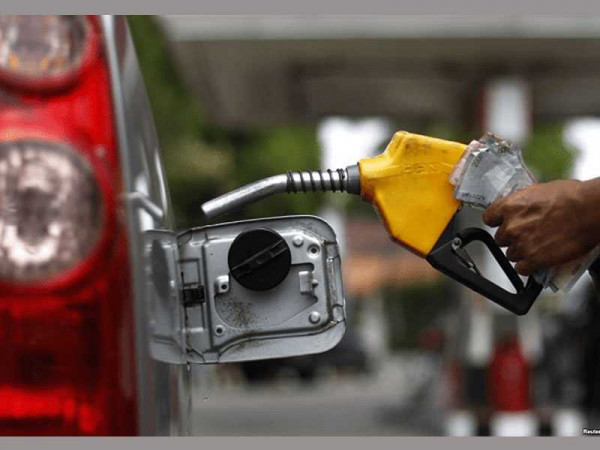The GH₵1 new levy on petroleum products takes effect from today, July 16, 2025, under the revised Energy Sector Levies Act, 2025 (Act 1141).
The tax adjustment comes just a day after President John Dramani Mahama ordered the cancellation of all fuel allowances and allocations for political appointees as part of a broad austerity initiative aimed at cutting state expenditure.
Presidential spokesperson Felix Kwakye Ofosu stated, “The President believes that leadership must also bear its part of the sacrifices it is calling on the people to make.”
In a statement signed by Acting Commissioner-General Anthony Kwasi Sarpong, the GRA confirmed that the levy implementation—initially planned for mid-June—had been deferred for a month to allow the monitoring of international fuel price trends and to maintain domestic price stability.
“The decision to proceed now follows a thorough review of prevailing market indicators and in line with the government’s commitment to ensuring stable economic conditions,” the GRA noted.
Under the revised rates, the Energy Sector Shortfall and Debt Repayment Levy (ESSDRL) on petrol (motor spirit) has increased from GH¢0.95 to GH¢1.95 per litre, and diesel (gas oil) from GH¢0.93 to GH¢1.93.
Marine Gas Oil (MGO) used by foreign vessels will also see a rise from GH¢0.93 to GH¢1.93, while locally consumed MGO will go up from GH¢0.03 to GH¢0.23.
The rate on heavy fuel oil will now stand at GH¢0.24, up from the previous GH¢0.04.
However, levies on liquefied petroleum gas (LPG) and naphtha remain unchanged at GH¢0.73 per litre, providing some relief to households that rely heavily on LPG for cooking and domestic needs.
The GRA has updated the Integrated Customs Management System (ICUMS) to reflect the new rates and has instructed all importers, distributors, and customs agents to fully comply.
Circulars have been distributed across ports, customs stations, and petroleum service providers to ensure seamless enforcement.
“Your cooperation is vital to the successful implementation of this critical revenue measure, which is essential for Ghana’s energy sector stability and overall economic development,” the GRA emphasized.





